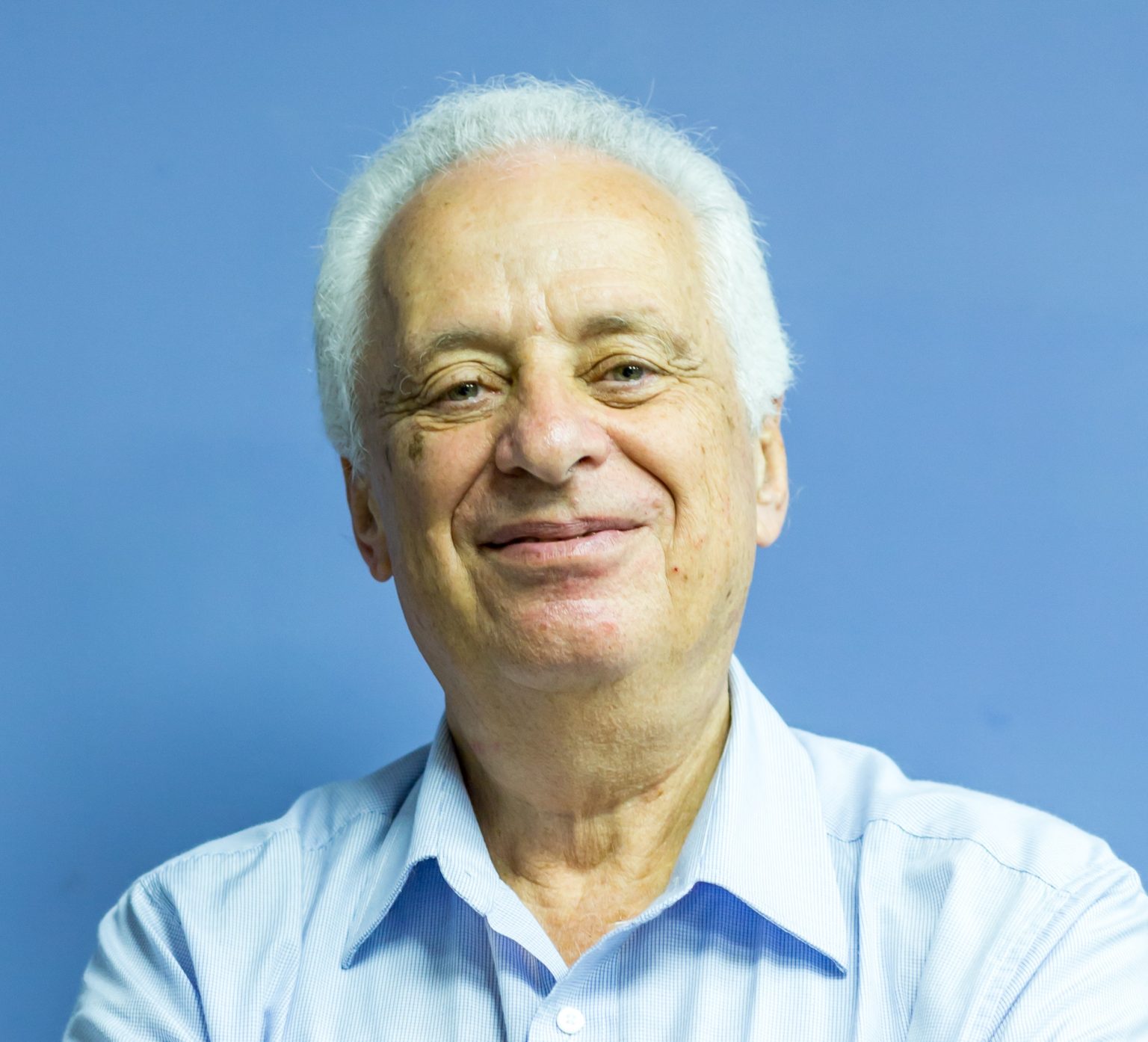FACULTY
Researchers

Israel Vlodavsky, PhD, Professor

My lab focuses mainly on the following research fields:
- Control of cell shape, proliferation and differentiation by the extracellular matrix (ECM). We were among the first to realize that the ECM plays an active role in orchestrating cellular responses to both normal and pathological situations. The impact of these studies is indicated by the current awareness of the ECM and the tumor microenvironment as key elements in the regulation of cell survival and cancer progression.
- Storage of bioactive molecules by heparan sulfate proteoglycans (HSPGs). Our studies were the first to demonstrate that heparan sulfate (HS) in the ECM provides a storage depot for FGF and other heparin/HS-binding growth factors and cytokines, thereby regulating their bioavailability primarily upon degradation of HS by heparanase.
- Heparanase gene cloning, molecular properties and mode of action. Our research led to the cloning of a human gene encoding an endoglycosidase (heparanase) that degrades heparan sulfate (HS) in the ECM. We elucidated the modes of heparanase gene regulation, substrate specificity, cellular uptake and lysosomal storage and activation. We further revealed the modes of heparanase action in eliciting angiogenesis, tumorigenesis, signal transduction and gene transcription.
- The heparanase/heparanase-2 regulatory network in health and disease. Unlike heparanase, very little attention was given to heparanase-2 (Hpa2), a close homolog of heparanase that lacks intrinsic HS-degrading activity. Our working hypothesis is that hpa2 functions as a natural inhibitor of the heparanase enzyme and that the heparanase/Hpa2 ratio dictates the balance between disease progression and suppression. While heparanase enhances the pathogenesis of cancer and inflammation, Hpa2 plays a protective role attributed to inhibition of heparanase and/or to heparanase independent mechanisms. Given that a constitutive knockout of the Hpa2 gene is embryonic lethal, we hypothesize that Hpa2 also plays a decisive role in embryonic development. Having generated conditional Hpa2-KO mice, we hypothesize that Hpa2 plays a protective role in the adult, maintaining tissue homeostasis and normal function.




